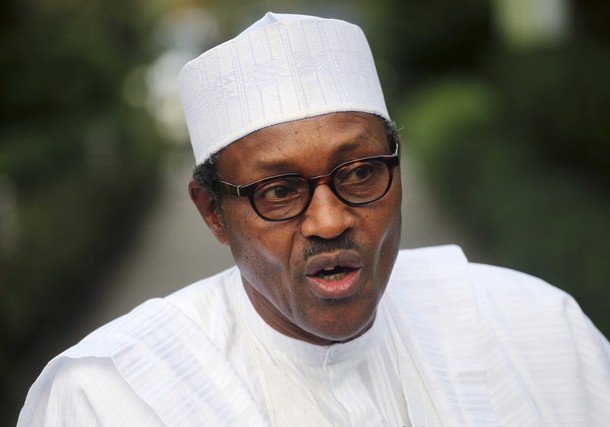By Becky John
Ms Ayisha Osori, Chief Executive Officer, Nigerian Women Trust Fund (NWTF), an NGO, on Thursday called on the President-elect, Maj.-Gen. Muhammadu Buhari to appoint women into positions of power. Osori made the appeal at a one-day data verification workshop for the project “She should contest”, a research on gender representation across the states in Abuja.
She noted that women have totally lost out with the results of the 2015 general elections, urging that it was pertinent they are appointed into positions to compensate the 35 per cent affirmative action. “We need to collect the information to strengthen advocacy for more inclusion of women in politics and governance. “The national policy since 2006 insisted that every ministry, board or any composition of decision making should have at least 35 per cent of women in the body and we have never had that arm.
“The outgoing administration of President Jonathan is the closest that had 33 per cent of women in the Federal Executive Council and now it has dropped,” Osori said. She said that the country never had 35 per cent inclusion of women in the decision making body in all the 36 states of the country, including the Federal Capital Territory. She also noted that the transition committee of Buhari included only two women, representing less than 10 per cent. Osori explained that the data to be generated would strengthen women advocacy for appointive positions.
“We want when we are meeting with the party members, politicians, even legislators and governors, we could tell them that women were not properly represented in their cabinet.
“It is not about emotions, we need to have facts to back up our claims. “We also need to know where the gaps are and fill them, we don’t want to go to these people and say you have a problem without proffering solutions,” said the official. She said that women with experience and knowledge could be encouraged by politicians by appointing them to power.
Osori reminded the participants that elective positions were out of the question, but expressed optimism at the local government elections where the state governors would allow the elections to hold. “There are the appointments and now that we know that we have done very badly in the elections, this is the time to focus on appointments.
“The Buhari administration will be putting together cabinet, special advisers, so this is the time for this advocacy.“We want to hold up this shame to everybody because we cannot wait till 2019 to correct it, so they should use the opportunity of appointments and include women,” she said. Osori said this was the time to blackmail, cajole and encourage the parties that as they move forward and making changes in the national working committee, they should make room for women.
She told the women that it was one thing to complain, but there was need to “prepare within ourselves towards another round of elections in 2019’’. Mrs Erisa Danladi, Coordinator, North East Women Political Empowerment Programme, said women were important in policy making, adding that they are part of the society. She said that their own contribution should not be undermined because they actually make the men.
“When women are part of decision making, they will understand our perspective and help us make those policies that help us at the home front. “Also women in policy making encourages women especially those at the rural communities to be confident of their representation in the legislature,” Danladi said. Mrs Blessing Oboh, a participant at the workshop, said the data was a good base for advocacy, adding that the picture of women participation in the general elections could be presented in data form. Oboh added that with the data, people in power would compensate women by appointing them into positions of power. She said it was obvious women performed poorly in the elections, adding that the only way to complement that was through appointments for a fair representation.


